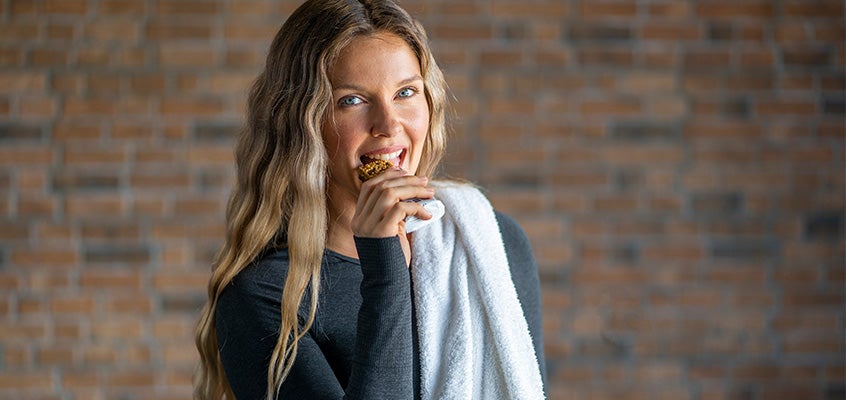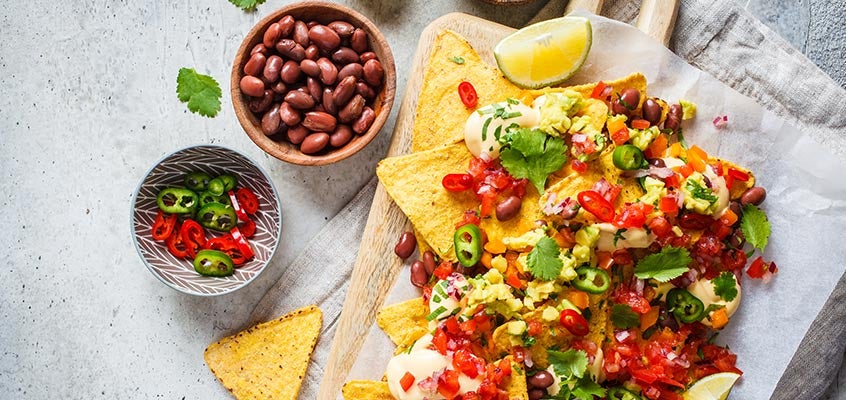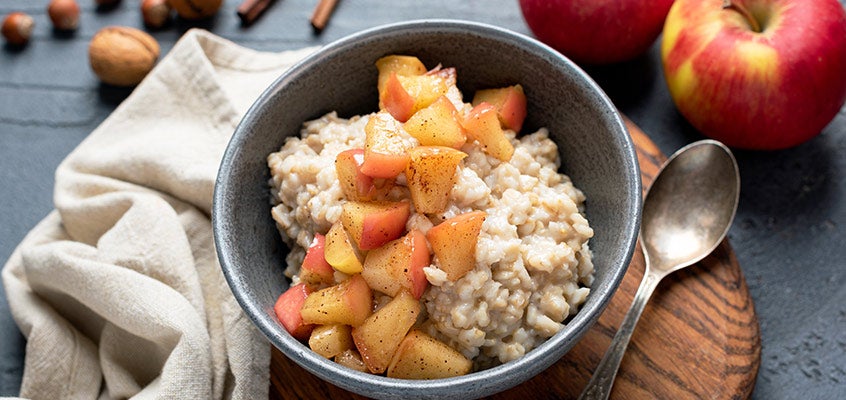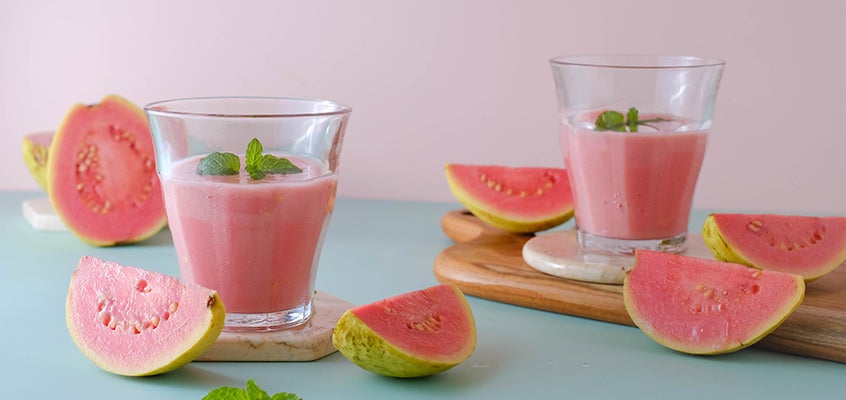Having the right amount of protein in your diet is essential if you want to build lean muscle and meet your fitness goals. When the word protein pops up, most people think about animal-based protein. However, there are plenty of plant-based foods that are full of protein, including some you may never have thought about! By eating a balanced variety of protein-rich foods, you can easily meet your body’s requirements.
So let’s take a look at some plant-based, high-protein food options.
Why we need protein in our diets
Protein is a nutrient your body needs to grow and repair cells, and function properly. It’s used in the body to build muscle, maintain a strong immune system, and can be a source of energy.
We all need it in our diets, and it can help to have some protein after exercising to restore energy and repair your muscles.
How much protein do you need?

The answer depends on your gender, age and circumstances.
According to Dietitians Australia:
- Adult women need 0.75g/kilogram of body weight per day.
- Adult men need 0.84g/kilogram of body weight per day.
- People who are pregnant, breastfeeding or over 70 years old need 1g/kilogram of body weight per day.
- Children’s protein needs are dictated by their age and growth.
As an example, if you’re an adult male weighing 85kg, you’d need 71.4g (85 x 0.84g) of protein per day.
The good news is most of us can meet the recommended daily protein intake quite easily by eating a varied diet. And it’s not just meat, dairy and protein powders contain this much-needed nutrient.
Here are a bunch of plant-based protein options you can rely on to sneak in extra serves!
Sneak in extra protein with these plant-based options
Quinoa
A half-cup of quinoa delivers 4.5g of protein.
This is a great protein option because it can be used as a base for your salads, or to bulk up your nourish bowls.
Tofu
85g of tofu contains 4g of protein.
Tofu is so versatile because you can use it as a meat alternative in stir fries, but it’s also great as a breakfast scramble.
Beans and lentils

Legumes are another wonderful source of plant-based protein. You can add them to salads, pasta dishes, stir fries, curries and more.
Here’s the amount of protein you’ll find in a half-cup of these beans and lentils:
- Black beans: 8g
- Pinto beans: 7g
- Chickpeas: 7.5g
- Kidney beans: 8g
- Lentils: 8g
- Peas: 8g
Nuts and seeds
A handful of nuts makes for a tasty, protein-rich post-workout snack! Plus, you can add sneaky protein to your diet by dolloping some nut butter into your smoothies, or sprinkling seeds on salads and muffins.
Here are some examples of the protein count in 30g serves:
- Walnuts: 4.5g
- Almonds: 6g
- Cashews: 4.5g
- Chia seeds: 6g
- Flax seeds: 6g
- Hemp seeds: 9.5g
- Sunflower seeds: 5.5g
- Pumpkin seeds: 8.5g
Oats

Ah, the humble oat. You’ll find 3g of protein in a half-cup serve.
Oats are much-loved as a high-protein breakfast option, and you can also add them to smoothies and baking.
Non-dairy milks
While some plant-based milks contain very little protein, there are two clear standouts:
- A cup of soy milk contains 6g of protein.
- A cup of pea milk contains 8g of protein.
Guava

Now here’s a wildcard. This tasty tropical fruit contains one of the highest amounts of protein you can find in any fruit, at 4.5g in a one-cup serve.
Add some guava to your diet, and thank us later!
If you’re looking to build muscle, getting the right amount of protein into your diet can certainly help. A personalised consultation with a Virgin Active Personal Trainer can set you on the right track with your diet and exercise so you can start to reach your health goals.